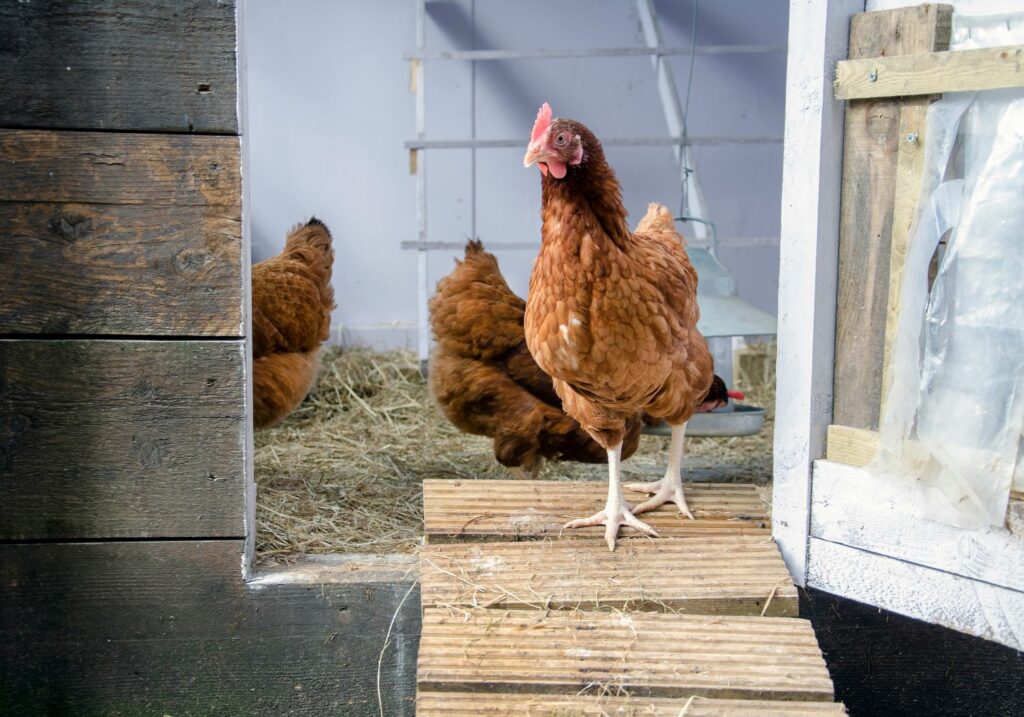Compulsory housing now in force for all bird keepers across England
7th November 2022
From today (7th November), it is a legal requirement to house all poultry and captive birds across England to prevent the further spread of avian influenza.
The new measures follow a surge of cases in captive and wild birds over the past month. Since the start of October 2022, avian flu was confirmed at over 90 premises in England, and more than 200 dead wild birds have been found to harbour the disease. As a result, the risk of avian flu in wild birds have been declared very high.
The housing measures imposed require all bird keepers to contain their birds indoors to prevent wild birds passing on disease and to follow strict biosecurity measures, regardless of the type or number of birds kept. These include disinfecting clothing and footwear before and after contact with birds, restricting access for non-essential people, and storing bedding properly.
“Whether you keep just a few birds or thousands, from today onwards they must be housed under cover to protect them from this highly infectious disease,” UK chief veterinary officer Christine Middlemiss said.
The UK has seen its largest avian flu outbreak over the past year, with more than 200 cases confirmed in domestic birds since October 2021. A nationwide avian flu prevention zone (AIPZ) was introduced in early November and kept in place until as late as mid-August.
Evidence shows that housing birds indoors reduces the risk of infection, however, housing alone will not fully protect birds from avian flu. The chief veterinary officer is urging all bird keepers to follow the enhanced biosecurity measures outlined in the AIPZ guidelines to prevent future outbreaks which are currently circulating in wild birds.
“Many poultry keepers in England have excellent biosecurity standards but we know that one small mistake is all it takes to introduce bird flu onto premises and kill flocks.
“A housing order alone will not be enough to reduce infection rates. Implementing scrupulous biosecurity and separating flocks from wild birds remains the best form of defence,” the chief vet added.
Biosecurity measures to be followed by premises in the AIPZ include:
- housing or netting all poultry and captive birds or keep them separate from wild birds.
- cleanse and disinfect clothing, footwear, equipment and vehicles before and after contact with poultry and captive birds – if practical, use disposable protective clothing
- reduce the movement of people, vehicles or equipment to and from areas where poultry and captive birds are kept, to minimise contamination from manure, slurry and other products, and use effective vermin control
- keep records of mortality, movement of poultry and poultry products and any changes in production
- thoroughly cleanse and disinfect housing on a continuous basis
- keep fresh disinfectant at the right concentration at all farm and poultry housing entry and exit points
- minimise direct and indirect contact between poultry and captive birds and wild birds, including making sure all feed and water is not accessible to wild birds
- prevent access by poultry to ponds and watercourses and ensure that birds are kept in fenced or enclosed areas
According to the UK Health Security Agency, the risk to public health from avian flu remains very low, and the Food Standards Agency confirmed that the virus poses a very low risk to food safety in the UK. As long as poultry and poultry products are properly cooked, they are safe to eat for consumers.

